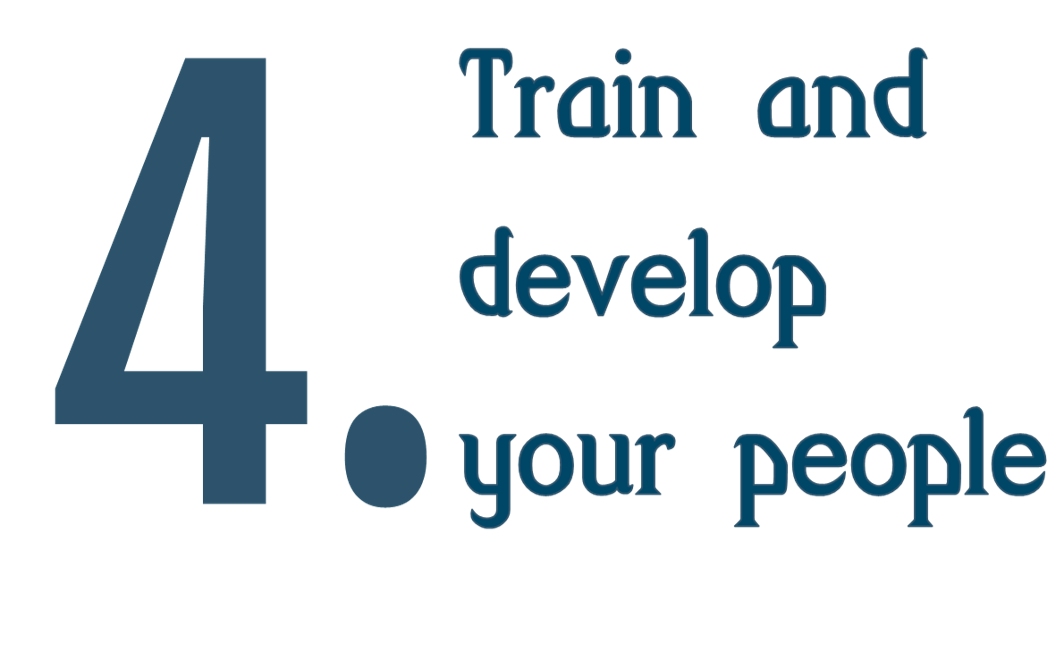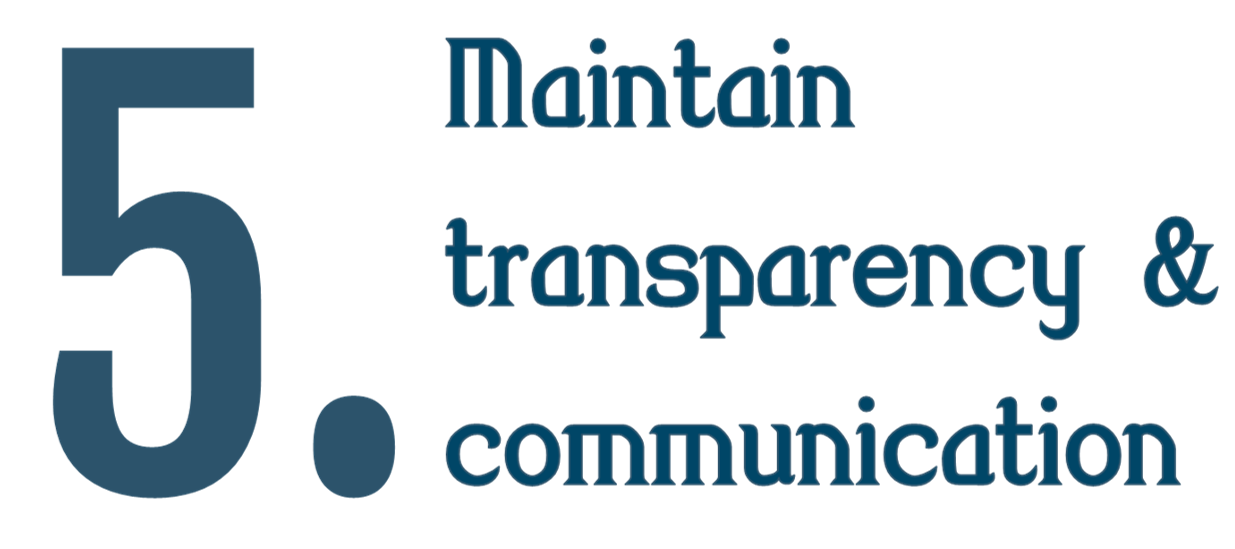

Hiring the right employees for your ministry is crucial in maintaining the productivity and sanity of your department. The right staff will work better together, have a lower number of employee relation issues, and help create a positive work environment. According to an article from Forbes, CFOs have ranked a bad hire’s impact on morale and productivity greater than financial impact. Problem employees will often cause an increase in work load for the rest of the team and a dip in overall productivity in the department. Morale is sure to take a nose dive. The wrong employee may raise complaints or refuse to follow procedures they don’t agree with, resulting in an overall increase in conflict and stress among team members. Over time, the rest of the staff will grow resentful and some employees will ultimately choose to leave the department or the organization. If we look at the bottom line, a bad hire will result in the loss of training costs and an increase in recruiting cost when managers are forced to rehire.
Managers know that happy employees are productive employees. The best way a manager can ensure a great work environment is to keep staff engaged. Most employees are looking for a challenge and a purpose, where they’re able to make an impact in the ministry. Managers should stay active in discussing organizational or departmental strategies and how they potentially impact an employee’s job, both in the short run and the long run. Managers should also show their appreciation for their employees. A simple thank you goes a long way. Rewarding employees for putting in extra hours or going above and beyond, also helps. It doesn’t have to be anything drastic or expensive – bringing in a free lunch or giving employees an extra day off, for example – often does the trick. When issues arise between team members – whether personal or performance related – managers should address these immediately with the help of HR. This will help tackle any potential problems down the road.


Documentation is key in all employee interactions. It often helps record details of investigations and help develop next step options, such as PIPs (Performance Review Plans). All grievances and performance issues should be addressed and followed up with in a timely manner. Managers should work with their HR representative to verify that all issues have been thoroughly investigated and appropriate solutions are set in place, if necessary. HR will help verify that the organization stays compliant with federal and local employment law.
Engaged employees want to feel in control of their professional development. Managers should frequently discuss performance opportunities or issues with their employees throughout the year, not just during the annual performance review process. It’s important to identify training gaps and help employees receive the training they need for continued development within the organization. Ultimately this helps the department and the organization remain successful as a whole. Training is not only essential in long term career goals, but also in the short term. Performance issues, for example, can often be addressed with additional training if caught early.



